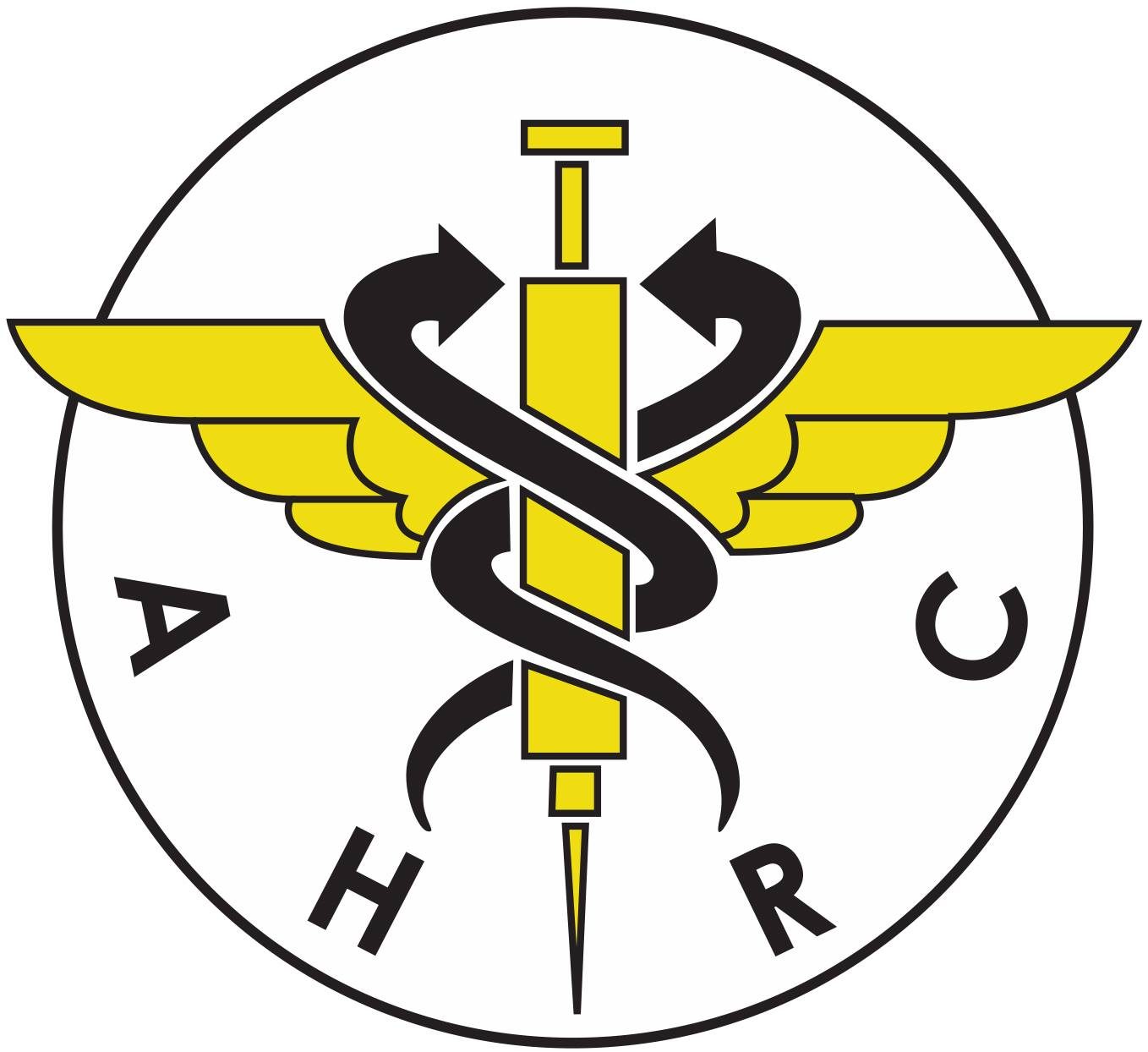PWID often have very limited access to medical services, but they are at-risk for a variety of diseases and conditions. Many times an injection drug user faces stigma in the healthcare industry, which keeps them from navigating the maze of services available in our community. Austin Harm Reduction Coalition is breaking down the barriers and increasing the access to healthcare services for PWID. By providing wound care on a daily basis, many of our participants are not forced to go to the hospital for minor abscesses. Additionally, our nurse has a vast repertoire of referral providers, to assist with medical care, substance abuse treatment, mental health services, housing services, and food access programs. By providing HIV and HCV testing, we are increasing access to these tests, as well as increasing the number of at-risk people who are testing on a regular basis.
The real gem of our program is our HCV patient navigation component. With recent advancements in drug treatments for HCV, the medical community has begun to call HCV a curable disease. Previously, treatment was not very effective, combined harsh regimens of interferon and ribavirin and often people were only treated when their liver had serious damage. With these new medications, everyone is encouraged to try and treat the disease if they can. PWID are an exception to this rule, as they are often denied treatment because of the unproven fear that they will simply re-infect. Many times when PWID test positive for HCV, they are brushed aside because of their active drug use and are rarely referred to follow-up blood work, fibroscans, liver specialists, or even primary care. This is not good enough for us! When our participants test positive for HCV, they are given the opportunity to work with an outreach patient navigator to get all the follow-up blood work and liver imaging. This will empower them with education about liver disease and HCV, as well as give them more information about the state of their liver and the progression of their disease. Armed with this information, the participant can better weigh their options for care. We strive to get as many people treated as possible with increasing access to primary care and liver care. Everyone deserves to be treated for his or her illness, regardless of lifestyle choices. Studies show that PWID are just as compliant with treatment as some other groups, and many who have been treated for HCV are far more cautious to not re-infect. By providing harm reduction supplies to people who have been treated for HCV, we are not only decreasing their chances of re-infection but also empowering them with knowledge and options.
